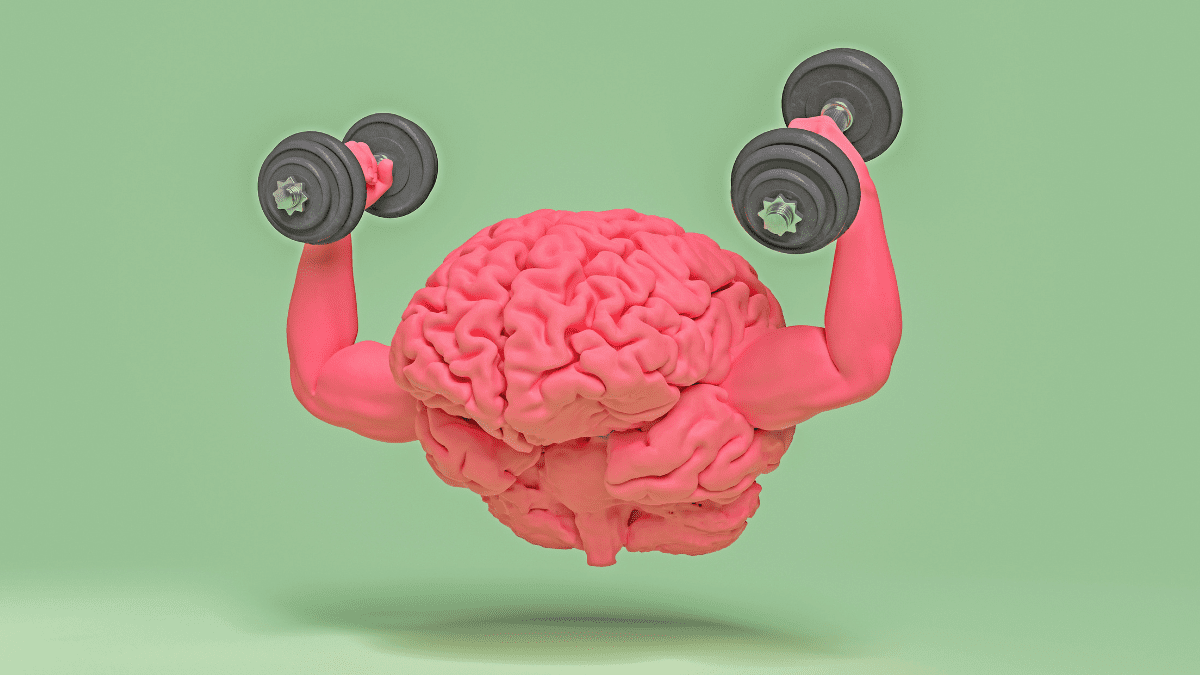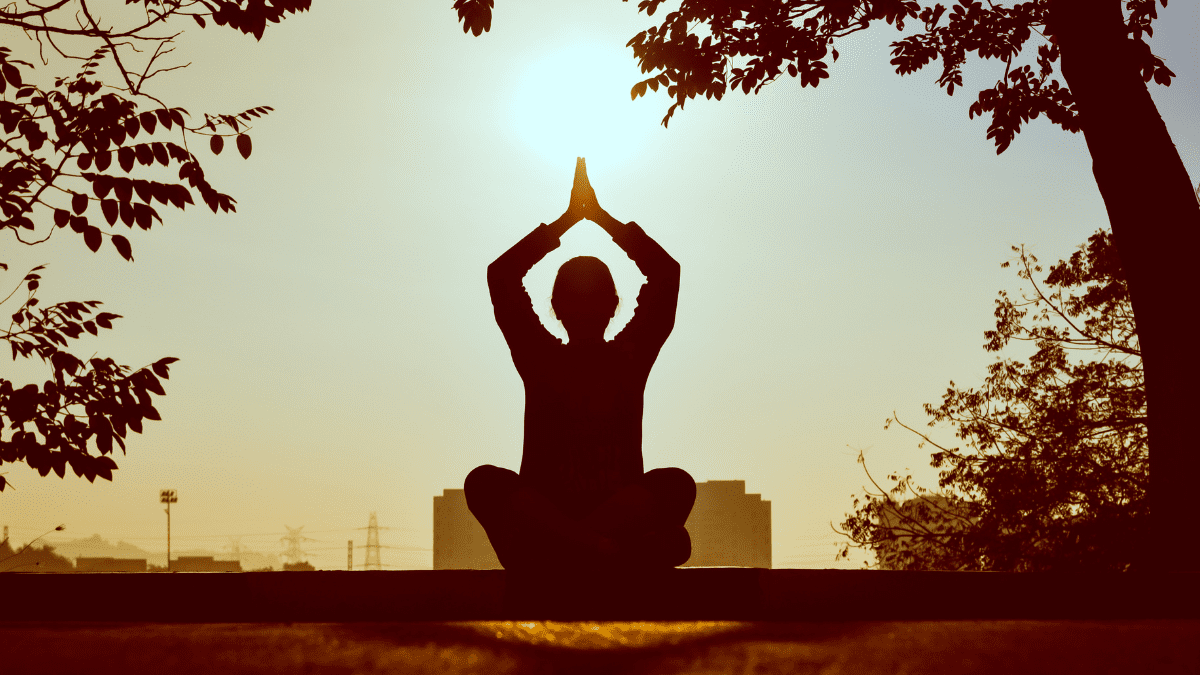Spirituality and Science: The Ultimate Key to Consciousness!
Spirituality and science reveal a shocking truth—consciousness may be the key to reality itself! Are we unlocking the secrets of existence? This discovery changes everything!

Introduction: The Age-Old Clash Between Spirituality and Science
For centuries, spirituality and science seemed like opposites. One relied on faith, while the other demanded facts. But now, modern research suggests they might be more connected than we ever imagined. Could consciousness be the missing link?
Science struggles to define consciousness. Some believe it’s just brain activity. Others argue it exists beyond the physical world. Meanwhile, ancient spiritual traditions describe consciousness as the key to higher awareness. If both perspectives hold truth, then understanding consciousness could unlock the secrets of reality.
This debate isn’t new, but it’s gaining momentum. Neuroscientists, quantum physicists, and philosophers are searching for answers. At the same time, meditation, breathwork, and spiritual awakening are becoming mainstream. Many believe these practices expand consciousness and reveal a deeper truth.
So, is science proving what spiritual seekers have always known? Are we on the verge of a mindset shift that reshapes reality? If so, you might also enjoy reading this guide to unlocking a spiritual mindset shift.
As we explore this connection, one question remains: Is consciousness the key to merging spirituality and science? Let’s dive in.
The Science of Consciousness: A Puzzle Yet to Be Solved
For decades, scientists have searched for the true nature of consciousness. Some believe it is just a product of the brain. Others argue it might exist beyond physical matter. Despite endless studies, no one has found a clear answer.
Neuroscience explores how the brain processes thoughts, emotions, and awareness. Researchers use brain scans to study different states of consciousness. They analyze how neurons communicate and form complex patterns. However, they still cannot explain why we experience reality the way we do. This is known as the hard problem of consciousness.
How Spirituality and Science Challenge the Mind-Body Connection
Many scientists believe consciousness emerges from brain activity. They see it as a byproduct of electrical signals and chemical reactions. This view, called materialism, suggests that when the brain stops, consciousness fades.
However, spiritual traditions tell a different story. Many believe the mind exists beyond the physical body. Ancient texts describe consciousness as an eternal force. Some traditions even suggest that reality itself is shaped by our awareness. If true, this could change everything we know about the human experience.
New research is starting to challenge materialism. Studies on meditation, near-death experiences, and psychedelic states reveal something surprising. Some people report vivid awareness even when brain activity is low. This raises a major question. Could consciousness exist independently from the brain?
A Scientific Approach to Consciousness Studies
Modern technology allows scientists to explore consciousness like never before. Brain imaging, artificial intelligence, and quantum physics are unlocking new insights. Some researchers suggest that consciousness is not just a brain function but a fundamental part of the universe.
A growing number of experts are now studying the link between quantum physics and consciousness. They believe that reality is shaped by the observer. This idea aligns with spiritual teachings that claim the mind influences the world around us. If this is true, then the connection between spirituality and science is stronger than we ever thought.
Many studies support this idea. A well-known theory is Integrated Information Theory (IIT), which suggests that consciousness is a form of highly structured information. Some experts believe this means consciousness exists beyond the brain. To dive deeper into this topic, you can explore this groundbreaking research on the science of consciousness.
Science is getting closer to understanding consciousness, but many mysteries remain. The debate between materialism and spiritual perspectives continues. One thing is clear—both sides are searching for the same truth.
Ancient Wisdom Meets Modern Research: Do Spiritual Practices Affect the Brain?
For centuries, spiritual traditions have explored consciousness. Ancient texts describe meditation, prayer, and breathwork as paths to higher awareness. Now, modern science is beginning to confirm these claims. Researchers are discovering how these practices change the brain, improve mental health, and even expand perception.
Spirituality and science once seemed like opposites. However, neuroscience now proves that spiritual techniques create measurable changes in the brain. These discoveries could be the missing link between ancient wisdom and modern research.
How spirituality and science reveal the brain’s hidden potential
Scientific studies show that spiritual practices reshape the brain. Meditation, for example, increases gray matter in areas linked to memory, focus, and emotional control. It also strengthens neural connections, improving cognitive function. Researchers believe this could explain why long-term meditators experience greater mental clarity and reduced stress.
Breathwork is another powerful tool. Deep breathing activates the parasympathetic nervous system, reducing anxiety and lowering blood pressure. Many spiritual traditions have taught breath control for centuries. Science now confirms that these techniques regulate emotions and enhance well-being.
Prayer also affects the brain. Studies show that regular prayer strengthens neural pathways related to compassion and gratitude. This aligns with spiritual teachings that emphasize love and connection. Science is proving what spiritual seekers have always known—the mind and body are deeply connected.
The neuroscience behind spiritual transformation
Brain scans reveal striking patterns in people who engage in spiritual practices. Research on Buddhist monks and long-term meditators shows increased activity in the prefrontal cortex. This area is responsible for self-awareness and decision-making. Spirituality and science both suggest that developing consciousness leads to greater control over thoughts and emotions.
Another breakthrough comes from studies on the impact of mindfulness on the brain. Scientists have found that mindfulness meditation reduces activity in the amygdala, the brain’s fear center. This explains why mindfulness lowers stress and enhances emotional stability. To learn more, check out this in-depth research on how mindfulness rewires the brain.
Neuroscience is confirming the power of spiritual practices. The connection between spirituality and science is no longer just philosophical. It is now backed by measurable data. As research advances, we may uncover even deeper links between the mind, the brain, and consciousness.

Quantum Physics: The Bridge Between Spirituality and Science?
Quantum physics challenges everything we know about reality. Unlike classical physics, it reveals a world where particles exist in multiple states at once. This strange behavior suggests reality is not as solid as it seems. Many scientists now believe consciousness plays a role in shaping the physical world. This idea directly connects with spiritual teachings that claim the mind influences reality.
Spirituality and science have long explored the nature of existence. Now, quantum mechanics is offering new perspectives. Could this field be the missing link between ancient wisdom and modern physics?
How spirituality and science align with quantum discoveries
Quantum mechanics reveals that observation changes reality. In the famous double-slit experiment, particles behave differently when they are being watched. This suggests consciousness affects the physical world. Spiritual traditions have taught this concept for centuries. Many believe thoughts and intentions create the reality we experience.
Another fascinating discovery is quantum entanglement. When two particles become entangled, they remain connected regardless of distance. A change in one instantly affects the other. This challenges our understanding of time and space. Many spiritual beliefs describe a universal connection between all things. Science may now be proving what mystics have always known.
The role of consciousness in quantum mechanics
Some physicists suggest consciousness is fundamental to reality. The observer effect implies the mind does more than just perceive the world. It may actively shape it. This aligns with the idea that consciousness is not just a product of the brain but a force that interacts with the universe.
A growing number of experts are studying the impact of quantum mechanics on consciousness. Some believe reality exists in a state of possibilities until consciousness collapses it into a definite form. This concept is similar to spiritual teachings on manifestation and the power of thought. If true, it could mean science is finally catching up with spirituality. To explore more, check out this research on quantum physics and the nature of reality.
Quantum physics is reshaping our understanding of existence. It challenges old beliefs and opens new doors. As scientists and spiritual seekers continue to explore, one thing is clear. The connection between spirituality and science is deeper than we ever imagined.
Near-Death Experiences: A Glitch in the Science of Consciousness?
Near-death experiences challenge everything we know about consciousness. Many people who survive clinical death report seeing tunnels of light, meeting deceased loved ones, or feeling intense peace. These experiences often happen when the brain is supposed to be inactive. Scientists struggle to explain why consciousness seems to continue even when brain activity stops.
Spirituality and science both explore the mysteries of the mind. Now, near-death experiences are forcing experts to rethink their views. Could these events reveal the true nature of consciousness?
How spirituality and science interpret near-death experiences
Spiritual traditions describe near-death experiences as journeys beyond the physical world. Many believe they offer proof of an afterlife. Ancient cultures recorded similar experiences, describing them as visits to higher realms or encounters with divine beings.
Science, however, takes a different approach. Some researchers argue that these experiences are caused by chemical changes in the brain. They suggest that a lack of oxygen, surges of neurotransmitters, or electrical activity might create these visions. Yet, this theory does not explain why people report accurate details of events happening around them while unconscious.
A growing number of scientists are now taking near-death experiences seriously. Some studies suggest they are not just hallucinations but glimpses into a deeper reality. If this is true, consciousness might exist beyond the brain.
The search for scientific proof of consciousness beyond the brain
Doctors and neuroscientists have studied near-death experiences for years. Some cases defy explanation. Patients have described events in precise detail, even when their hearts had stopped. Researchers have tested whether the mind can function outside the body. Some studies suggest that awareness may continue even after clinical death.
A breakthrough study on the scientific exploration of near-death experiences revealed that patients often recall details they could not have perceived with their physical senses. Some describe floating above their bodies and seeing doctors at work. Others recall conversations that happened far from their hospital beds. These reports suggest that consciousness might not rely on the brain alone. To learn more, check out this study on near-death experiences and the nature of consciousness.
Near-death experiences continue to challenge both scientists and spiritual seekers. They raise profound questions about what happens after death. If consciousness exists beyond the brain, then spirituality and science may finally find common ground.

The Future of Consciousness: Where Spirituality and Science Align
Spirituality and science have long searched for the truth about consciousness. One relies on intuition, while the other demands evidence. However, new discoveries are bringing them closer together. Researchers now explore consciousness beyond the brain, while spiritual traditions gain scientific support. This shift is shaping the future of human understanding.
Scientists once dismissed spiritual practices as unproven beliefs. Now, studies confirm their effects on the mind and body. As research advances, the gap between spirituality and science is shrinking. Could we be on the edge of a new era in consciousness studies?
How spirituality and science are merging in modern research
For years, science viewed consciousness as a product of brain activity. However, new studies challenge this idea. Some researchers believe consciousness may be fundamental to the universe. This concept aligns with spiritual traditions that describe awareness as the source of reality.
Scientists are now investigating topics once considered too mystical. Meditation, energy healing, and altered states of consciousness are gaining credibility. Studies show that these practices improve mental clarity, emotional well-being, and even physical health. These findings support what spiritual traditions have taught for centuries.
Another breakthrough comes from the study of consciousness and the brain’s electromagnetic field. Some researchers suggest the brain does not create consciousness but acts as a receiver. This idea raises an important question. If the brain is just a receiver, where does consciousness come from? To explore this idea further, check out this study on the brain’s electromagnetic field and its link to consciousness.
A new era of understanding consciousness
Spiritual seekers have long believed in the power of thoughts and intentions. Now, science is beginning to agree. Studies on quantum mechanics suggest that observation influences reality. This aligns with spiritual teachings on manifestation and energy. If the mind shapes the world, then both spirituality and science are uncovering the same truth.
Leading universities are now funding consciousness research. Scientists and spiritual leaders are working together to explore human awareness. This collaboration could unlock new insights into the nature of existence. The future of consciousness studies looks promising.
As discoveries continue, one thing is certain. Spirituality and science are no longer separate paths. They are merging into a deeper understanding of reality. The next breakthroughs may redefine how we see ourselves and the universe.
Conclusion: The Awakening of a New Reality
Spirituality and science are no longer in conflict. Instead, they are merging to reveal a deeper understanding of consciousness. For centuries, spiritual traditions described awareness as the key to existence. Now, modern research is beginning to confirm these ancient insights.
Scientists once believed consciousness was only a product of the brain. However, new discoveries challenge this view. Near-death experiences, quantum mechanics, and meditation studies suggest that consciousness may exist beyond the physical world. If true, this could change everything we know about reality.
Spiritual practices like meditation and mindfulness are no longer just beliefs. Studies show they reshape the brain, improve well-being, and enhance perception. Science is proving what spiritual seekers have always known. The mind has power beyond what we once imagined.
Quantum physics adds another layer to this mystery. Researchers now suggest that observation influences reality. This idea aligns with spiritual teachings that emphasize the power of thought and intention. Could science and spirituality be uncovering the same truth from different angles?
As research continues, one thing is clear. Consciousness is more than just brain activity. It may be the force that shapes reality itself. The divide between spirituality and science is fading. Together, they are unlocking the ultimate key to human awareness.
Are we ready to embrace this new understanding? The future of consciousness research has only just begun.







